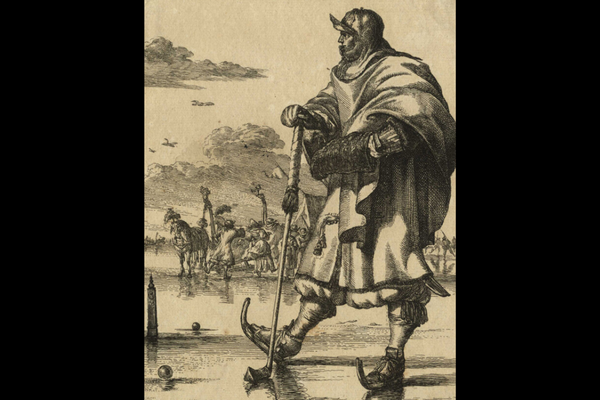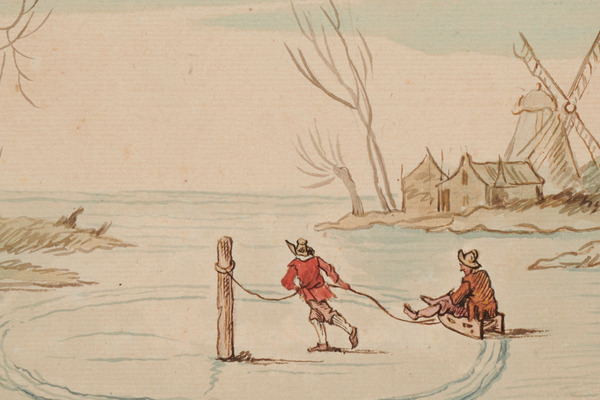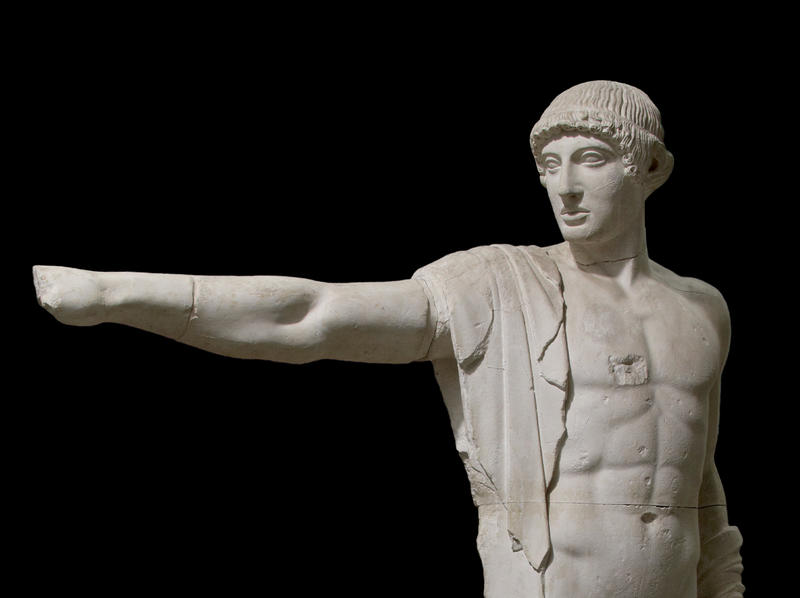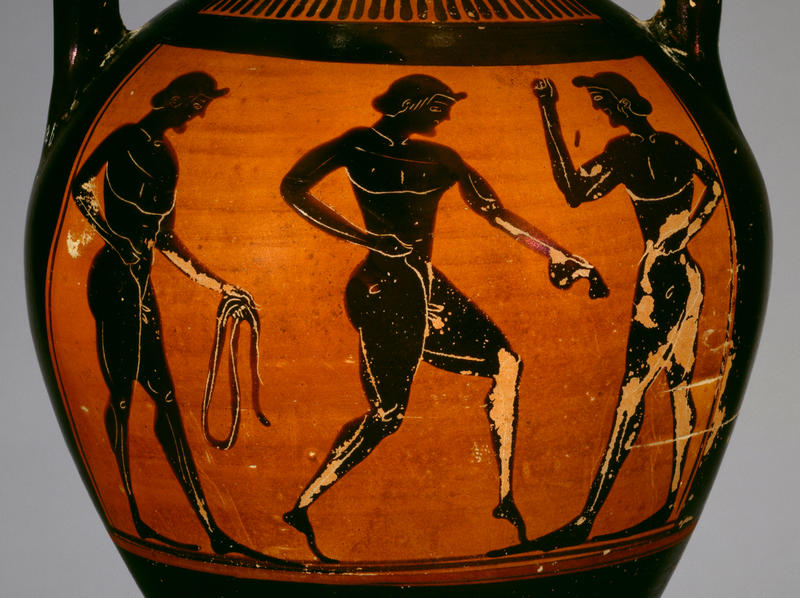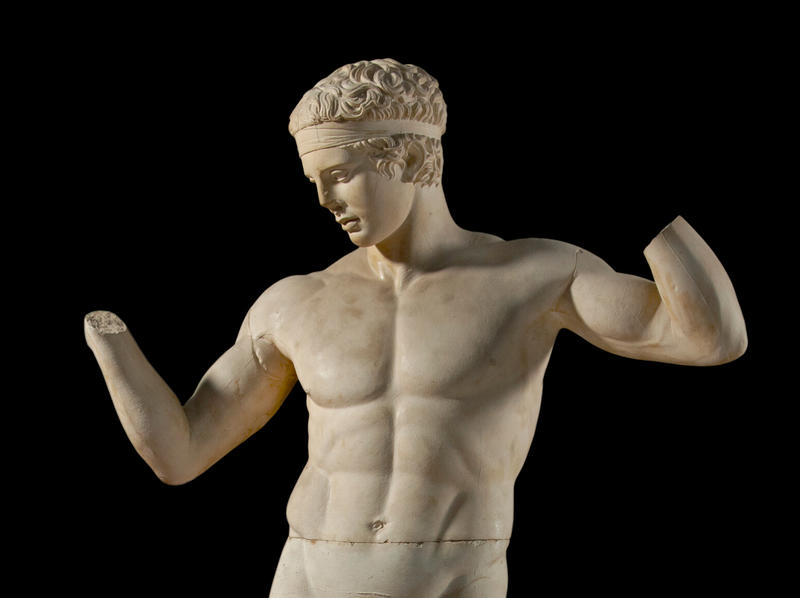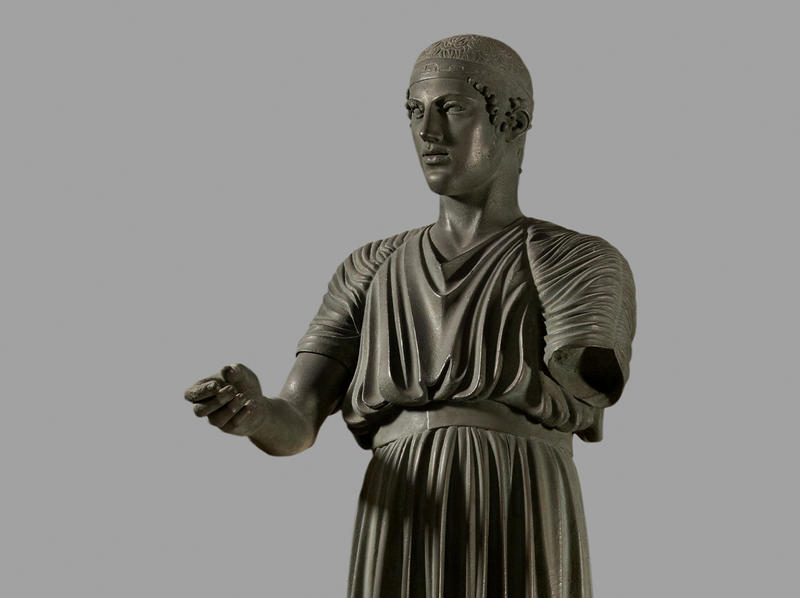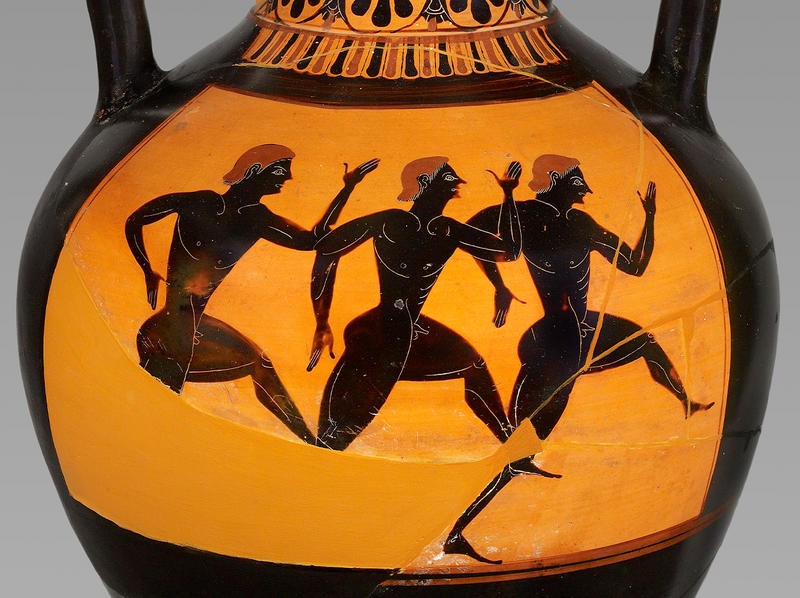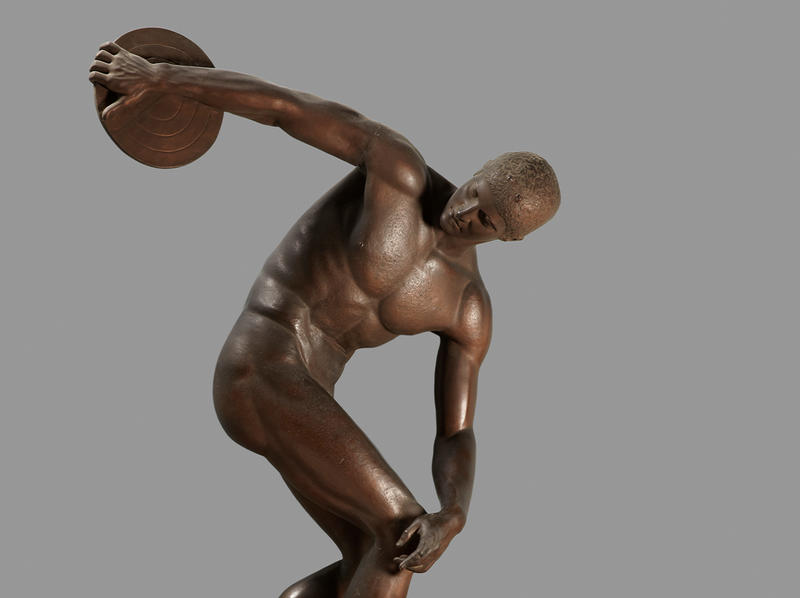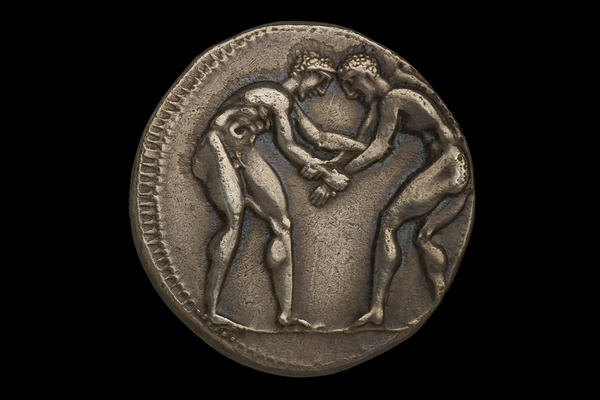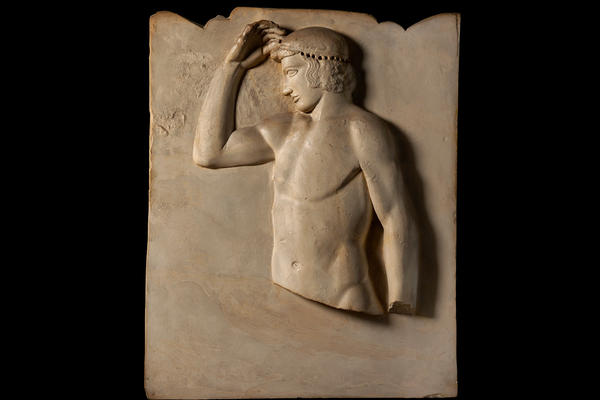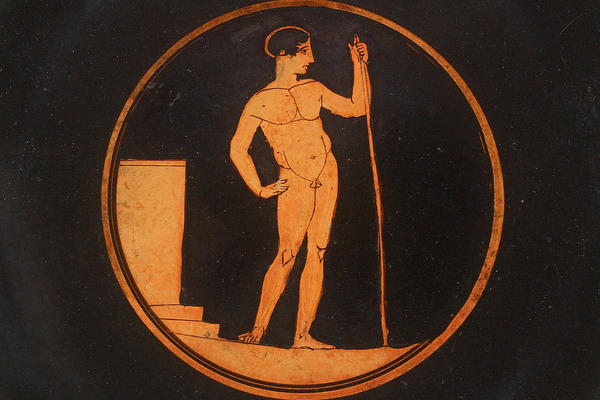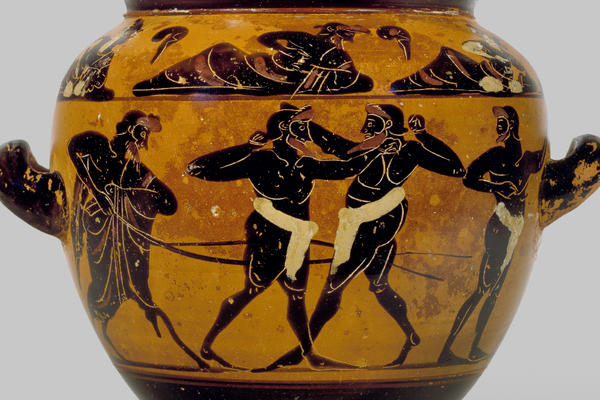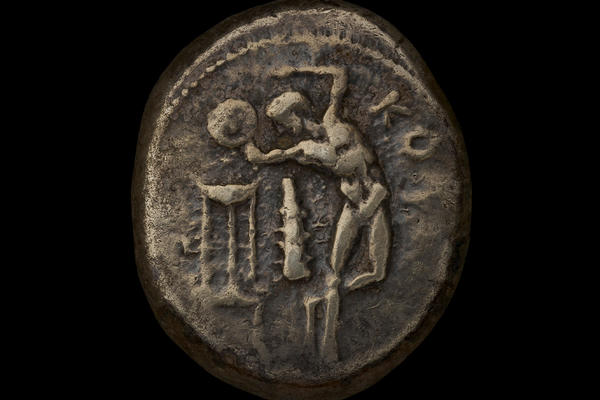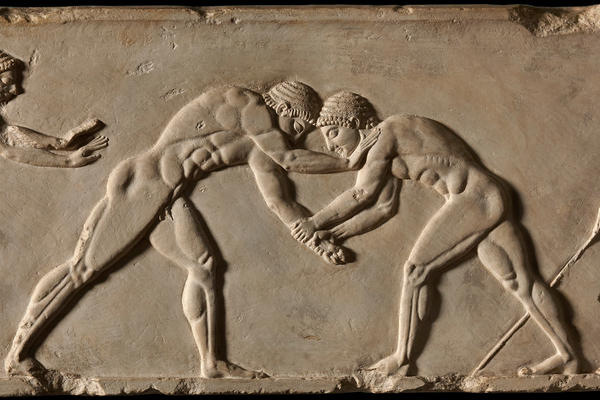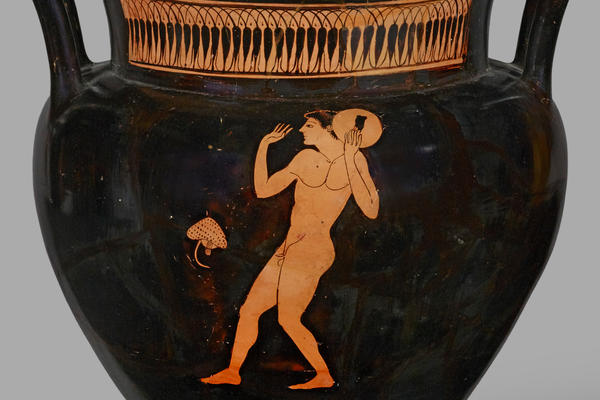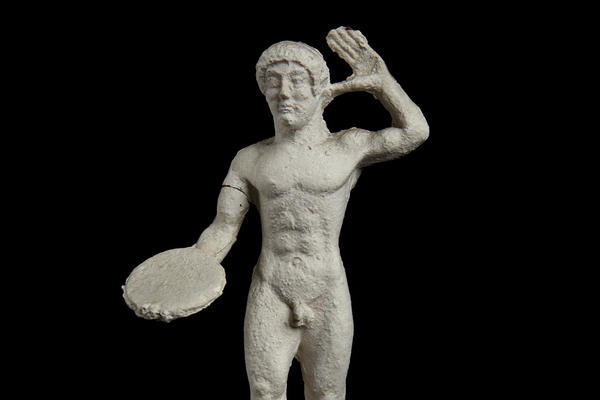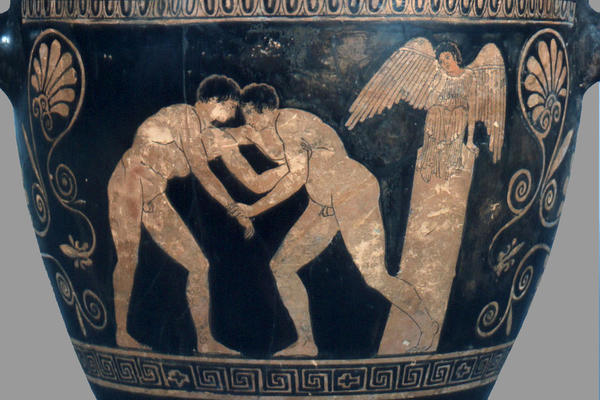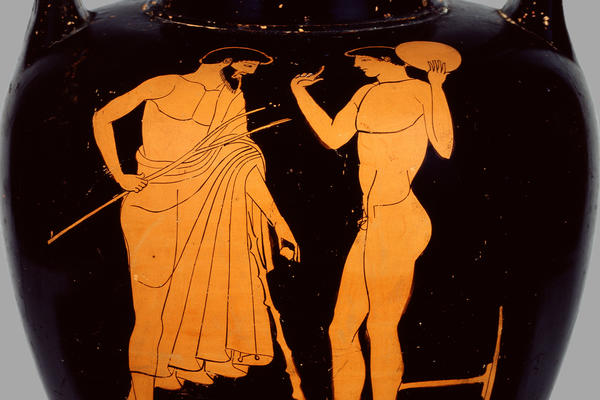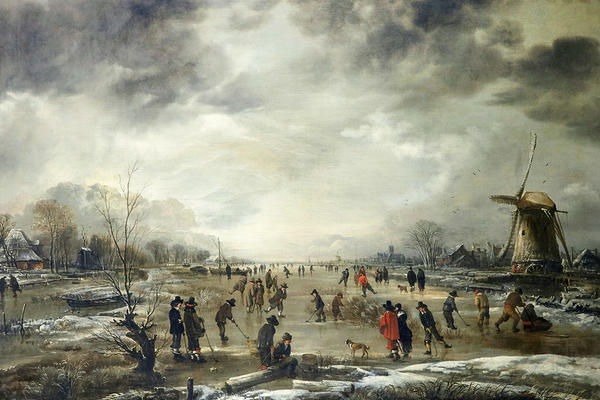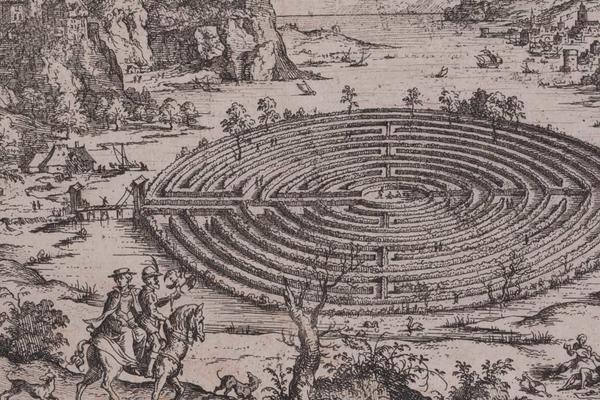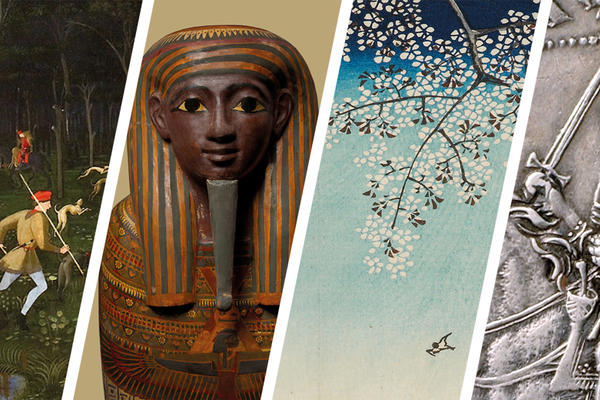THE HISTORY OF THE OLYMPIC GAMES
THE HISTORY OF THE OLYMPIC GAMES
Discover the history and enduring legacy of the Olympic games, from their ancient origins in Olympia to the modern spectacle of Paris 2024 and beyond.
Paris has a special place in modern Olympic history. In 1900, it hosted ‘the Games of the II Olympiad’ – the second modern Olympic Games and the first outside Greece.
In 1924, the city hosted the games for a second time, and the sporting achievements of athletes representing 44 National Olympic committees were covered by over 1,000 journalists, cementing the status of the Games as a major international sporting event.
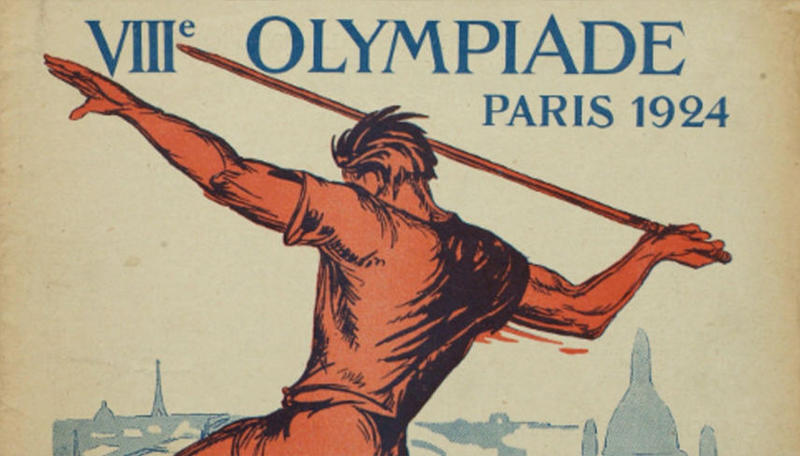
Poster for the Games of the VIII Olympiad held in Paris in 1924
A century on, Paris hosted The 2024 Summer Olympic and Paralympic Games – officially the Games of the XXXIII Olympiad – at which more than 15,000 of the world’s top athletes competed for a place on the podium and that most coveted of sporting prizes: an Olympic medal.
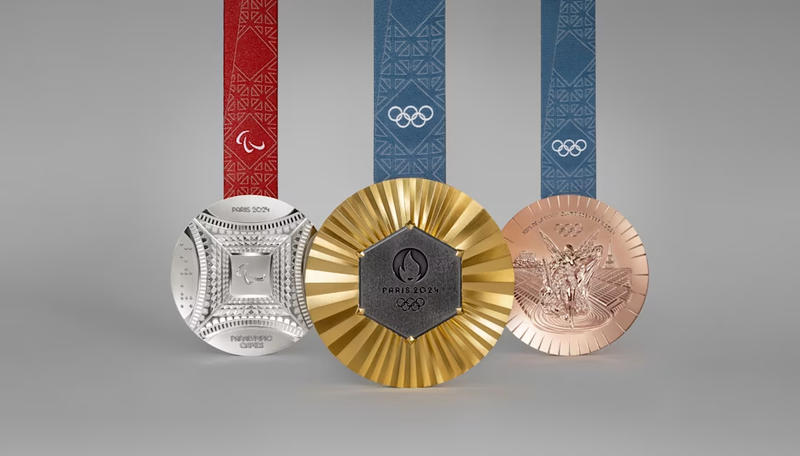
Silver, Gold and Bronze medals of the 2024 Paris Olympic Games
Winter Olympics: Objects inspired by snow and ice sports
With the 2026 Winter Olympic Games well under way, we're sharing some sporty wintry objects from our collection. The first Winter Olympics were held in 1924 in Chamonix – nearly 3,000 years on from the ancient origins of the festival in Olympia.
The Origins of the Games: In Honour of the Gods
The Olympic tradition pre-dates the modern games by several millennia. The first games were documented almost 3,000 years ago in ancient Greece, and from the 8th century BC to the 4th century AD the games were held at the sanctuary of Zeus in Olympia.
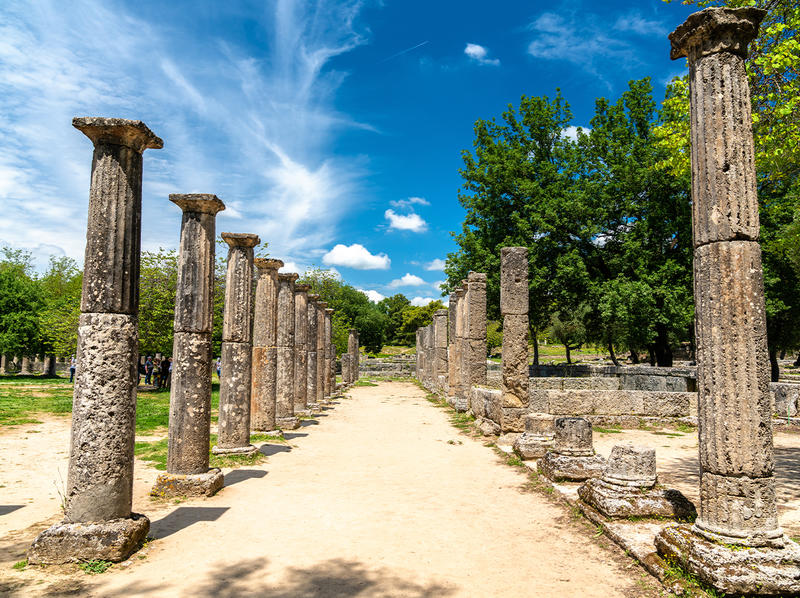
Ruins at the site of Olympia (the east colonnade of the Palaestra)
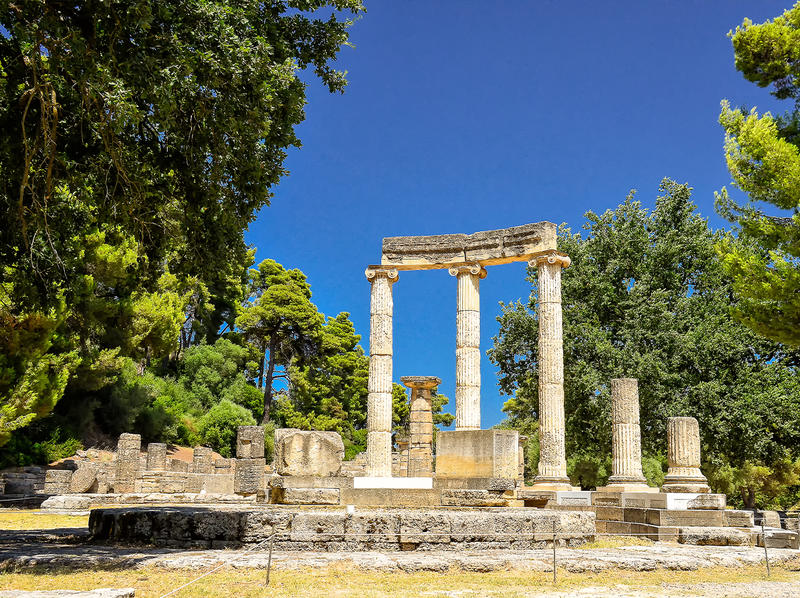
Ruins at the site of Olympia (the Philippieion)
The ancient Olympic Games were as much a religious festival as an athletic event. Oxen were sacrificed to Zeus during the games, and in the mid-5th century BC, a temple was erected in the sanctuary, housing a colossal statue of the god made of wood, ivory and gold.
Then as now, the ancient Olympic Games took place every four years—usually towards the end of the summer—and were enormously popular, drawing crowds of thousands.
Over time, the sporting calendar in Ancient Greece expanded to include numerous festivals. Four of the most prominent events were collectively known as the Panhellenic Games: two of them, the Olympic Games and Nemean Games, were held in honour of Zeus, while the Pythian Games honoured Apollo, and the Isthmian Games honoured Poseidon.
In addition to the Panhellenic festivals, major sports competitions known as the Panathenaic Games took place in Athens as part of the Great Panathenaea, a grand festival held in honour of the goddess Athena. Many local competitions were also organised across Greece.
Athletes
Physical exercise and the spirit of competition were enormously important in Ancient Greek society. Winning the Panhellenic Games brought high social status, with victorious athletes receiving statues in their home-towns and at sanctuaries like Olympia.
Ancient Greek athletes prepared for the Olympics in gymnasiums – public facilities with areas for various athletic exercises. Specialised and experienced trainers helped young athletes to improve their skills and achieve peak performance.
Participation in Olympic events was limited to male athletes, and most women were banned from watching the competitions. The athletes trained and competed in the nude for most events. A well-trained body was highly prized, and statues of the athletes were designed to show off their disciplined form.
In 396 BC, the wealthy Spartan princess and horse trainer Cynisca became the first woman to win an Olympic event. She did not take part as an athlete, but rather won as the trainer of the horse. The trainer, or owner, of the horses was deemed to be the winner of a chariot race, rather than those controlling the chariot (who could only be male).
Prizes
Winners at the Olympic Games were presented with an olive wreath, but at the Panathenaic Games winners took home prizes with a monetary value: Panathenaic amphorae, which were large ceramic jars filled with olive oil. The amphorae were decorated with the goddess Athena on one side and an image of an event on the other.
Ancient Olympic Sports
The only event recorded at the earliest games was the stade, a sprint of just over 192 metres. As time went on, more races were added, along with combat sports and more.
The main events at the games eventually included wrestling, boxing and pankration (similar to modern mixed martial arts fighting), as well as chariot racing, foot races, discus, long jump, and the pentathlon (made up of wrestling, the stade, long jump, javelin, and discus).
A visit to the Ashmolean Museum provides a fascinating glimpse into Olympic history through its collection of ancient Greek artefacts. Visitors can explore statues, casts, coins, and other items that vividly depict the athletic events and their participants, showcasing the rich history and enduring legacy of the Olympic Games.






